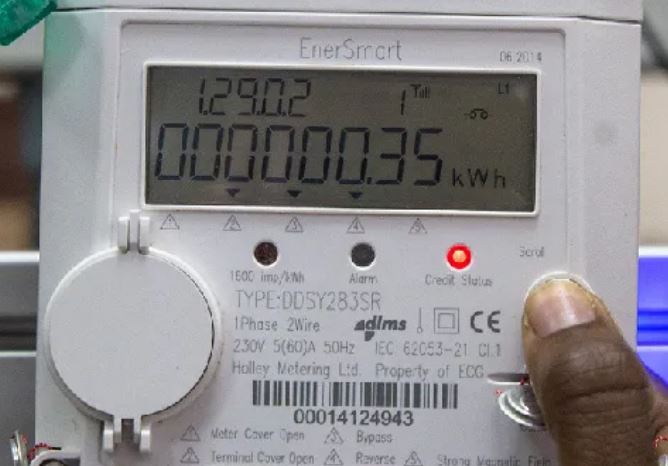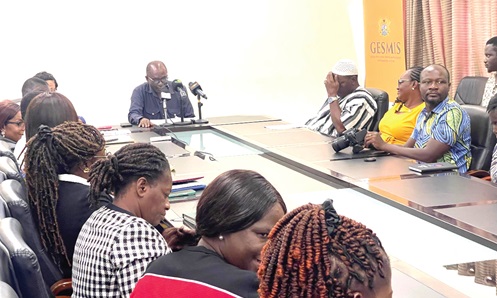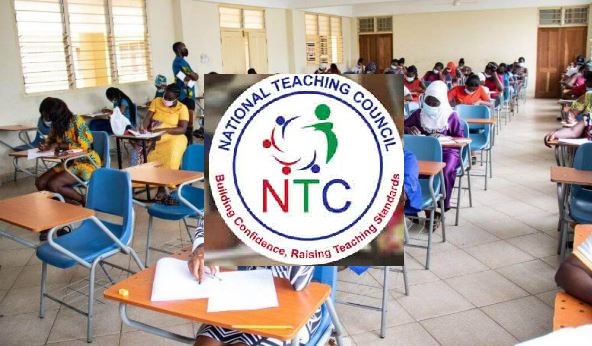15 per cent VAT on electricity: Government to engage Organised Labour

The government will in the coming weeks hold “extensive dialogue” with Organised Labour and other key stakeholders to ensure buy-in for the introduction of 15 per cent Value Added Tax (VAT) on electricity.
This followed agitation by stakeholder groups including the labour unions over the policy that seeks to tax the consumption of electricity by residential customers.
The government’s decision to tax electricity purchases will only add an additional burden to Ghanaians, who are already suffering as a result of bad economic management and several taxes that have been introduced by the government. Incomes paid to workers have already been depleted by the countless taxes imposed on them.
The 15 per cent Value Added Tax (VAT) on consumption of electricity by residential customers will further over burden the already over-taxed Ghanaian.
A statement from the Ministry of Finance appealed to Organised Labour and all stakeholders, including ECG and NEDCO, to exercise restraint to facilitate a constructive dialogue towards a quick resolution of the impasse.
The statement noted that government was committed to working with all stakeholders to sustain economic gains and engender macroeconomic stability and inclusive growth in the country.
“We note the progress the country is making in the implementation of the Post Covid 19 Programme for Economic Growth (PC-PEG), including posting higher than programmed growth targets, declining inflation, improvement in fiscal and external positions, a more stable exchange rate, and the declining Monetary Policy Rate,” the statement said.
The Ministry of Finance in letter dated December 12, 2023 instructed the Electricity Company of Ghana (ECG) and the Northern Electricity Distribution Company (NEDCO) to in January this year apply the VAT to residential customers exceeding the maximum consumption level for lifeline units.
READ: The GHS137794.80 monthly salary of the GRA Boss and other benefits he enjoys
In its response, the Organised Labour through the Trade Union Congress, on January 23, gave government a seven-day ultimatum to withdraw the policy.
It critcised the timing for the policy which it said would worsen the economic conditions of Ghanaians.
GNA




 How to Recover Your Lost WAEC Index Number Using DigiCert App
How to Recover Your Lost WAEC Index Number Using DigiCert App  WAEC Launches Digital Certificate (DigiCert) Services in Ghana and West Africa
WAEC Launches Digital Certificate (DigiCert) Services in Ghana and West Africa  GES to Host Meet the Subject Teacher’ Conference for 2026 BECE Prep
GES to Host Meet the Subject Teacher’ Conference for 2026 BECE Prep  NTC Opens Registration for 2026 Ghana Teacher Licensure Examination (GTLE) 1
NTC Opens Registration for 2026 Ghana Teacher Licensure Examination (GTLE) 1